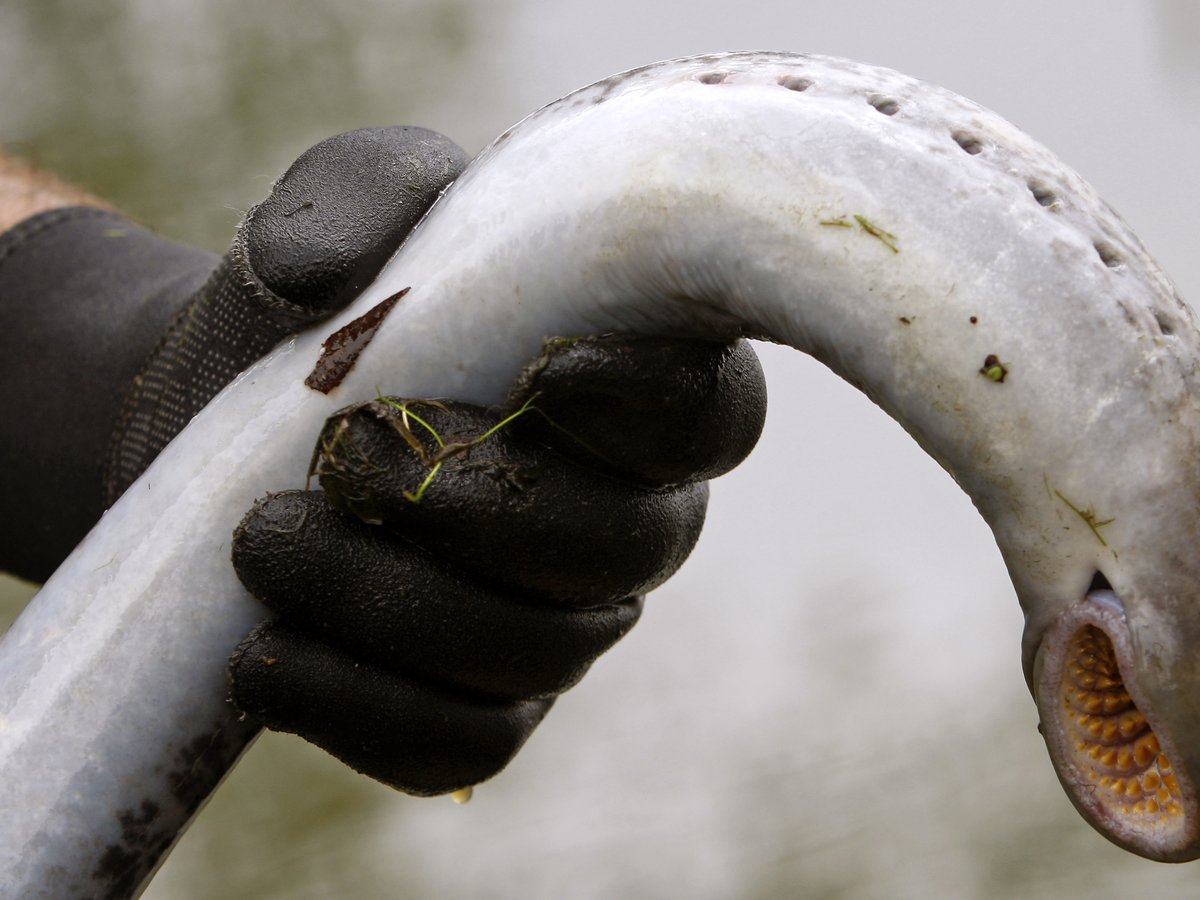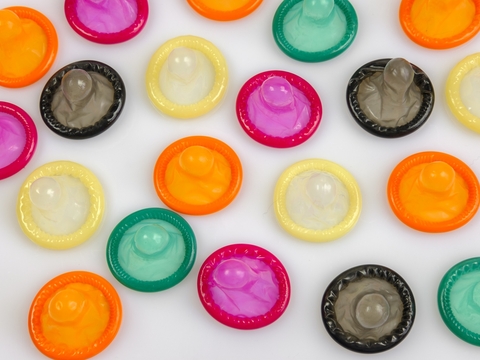Так себе денёк: в США на пляж вынесло тысячи "рыб-пенисов" (фото, видео)
13 декабря 2019, 10:12

В Калифорнии шторм открыл то, из-за чего можно навсегда отказаться от прогулок по пляжу. Тысячи и тысячи морских червей, или "рыб-пенисов". Животных, конечно, жаль, но зрелище достойно Рона Андервуда.
На севере Калифорнии прошёл шторм, и один пляж превратился в сцену из фильма ужасов. На песок вывалились тысячи "рыб-пенисов". Это неофициальное название морских червей urechis unicinctus — как и все эхиуры, это 25-сантиметровое животное обитает в норах в песке и грязи. Но шторм вызвал большие волны, и укрытие червей смыло:
Несмотря на то, что эти создания копошатся далеко от ног отдыхающих, легче от этого не становится. Представьте, что вы зарываетесь пальцами ног в песочек, а там шевелится "рыба-пенис":
Несчастью червей, оставшихся без дома, больше всего радовались чайки. Но люди тоже едят этих морских гадов. В Южной Корее urechis unicinctus считаются деликатесом — он называется "гэбул":







